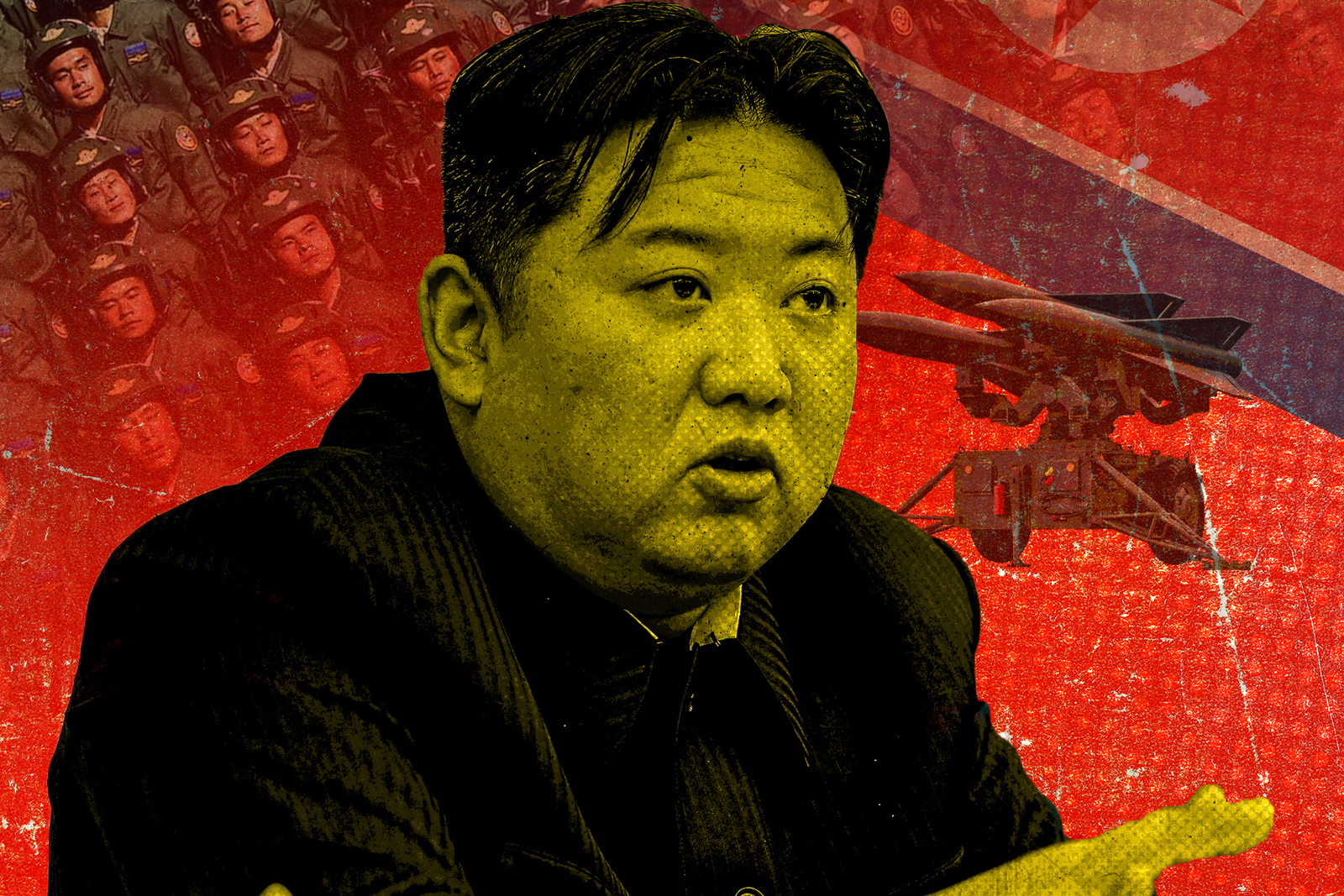
Is North Korea Serious or Just Saber-Rattling?
North Korea’s recent announcement of a new law that enshrines its right to preemptively use nuclear weapons should concern us all. Kim Jong-Un, the leader of North Korea, said this new law makes its nuclear status “irreversible” and bars denuclearization talks. Furthermore, North Korea made it clear that if Kim is somehow killed, another official would be authorized to order a nuclear strike.
The main question is, does North Korea’s intelligence apparatus have the capacity to determine what constitutes a real threat? And if so, what are the criteria?
While UN Secretary-General António Guterres said he is “deeply concerned” by North Korea’s new law, according to UN spokesman Stéphane Dujarric, this does not solve the problem of a potentially dangerous and trigger-happy North Korea. In addition, North Korea remains, according to Human Rights Watch, “one of the most repressive countries in the world.”
Kim’s announcement is an apparent reference to South Korea’s “kill chain” strategy, which calls for preemptively striking North Korea’s nuclear infrastructure and command structure if an imminent attack is suspected. Kim cited the strategy in what appears to be a sign that he believes the situation is deteriorating and Pyongyang must be prepared for long-term tensions with South Korea.
The last time North Korea tested a nuclear bomb was in 2017, but the amount of ballistic missile testing Kim has done – 30 tests this year alone – far surpasses that of his father, Kim Jong-Il. And the country today possesses at least eight types of long-range missiles that could technically deliver a nuclear warhead to numerous countries around the world, let alone South Korea. For instance, the Hwasong-17, North Korea’s newest missile with a range of 15,000 km, can hit anywhere in the U.S.
If Pyongyang returns to nuclear testing, it will signal a reversal from 2017 and a potentially dangerous scenario, especially given this new law.
Although the U.S. and South Korea continue to try and coax Kim to the negotiating table with an outstretched hand and without any preconditions, Pyongyang insists Washington is acting without good faith assurances.
Further complicating the issue, North Korea has “seized upon Russia’s international isolation following President Vladimir Putin’s invasion of Ukraine to foster closer ties, threatening international efforts to pressure Pyongyang over its illicit nuclear weapons programme,” according to the Financial Times.
In July, North Korea recognised the independence of the Donetsk and Luhansk territories in eastern Ukraine as part of Russia and vowed to deepen its “comradely friendship” with Moscow.
By quickly expressing support for the Russian invasion of Ukraine in February, Kim sought to get Russia into its corner to use it as an obstacle against the international community. At the same time, Moscow is purchasing millions of rockets and artillery shells from Pyongyang for use in Ukraine as sanctions squeeze Moscow’s ability to supply its military there.
The situation today in the Korean peninsula is a far cry from what it was five years ago, during the Trump administration. At the time, talks between North and South Korea, with U.S. involvement, appeared to warm, and a number of historic summits sparked hope that Kim Jong-Un might just agree to give up his nuclear weapons, and the two Koreas would make peace.
Images and video of former President Donald Trump crossing the demarcation line into North Korea in 2018 and shaking Kim’s hand sparked hopes that perhaps such a reality was indeed taking shape.
Of course, with Pyongyang’s announcement of its new law, all this has changed. This strong language emanating from North Korea is worrying and the country’s direction is causing headaches in Washington, which has worked for decades toward the denuclearization of the Korean peninsula.
Analysts say Kim’s goal is to win international acceptance of North Korea’s status as a “responsible nuclear state.” At the same time, experts agree that Pyongyang is advancing an irresponsible, risky, and aggressive nuclear doctrine. North Korea could possess enough material for more than one hundred nuclear weapons and claims it requires its nuclear program to act as a deterrent against what it says are “hostile” American policies.
Given the parameters of this dangerous, escalating situation, it is imperative that U.S. strategists remain prepared for any development that could lead to an all-out regional – and possibly international – war.
